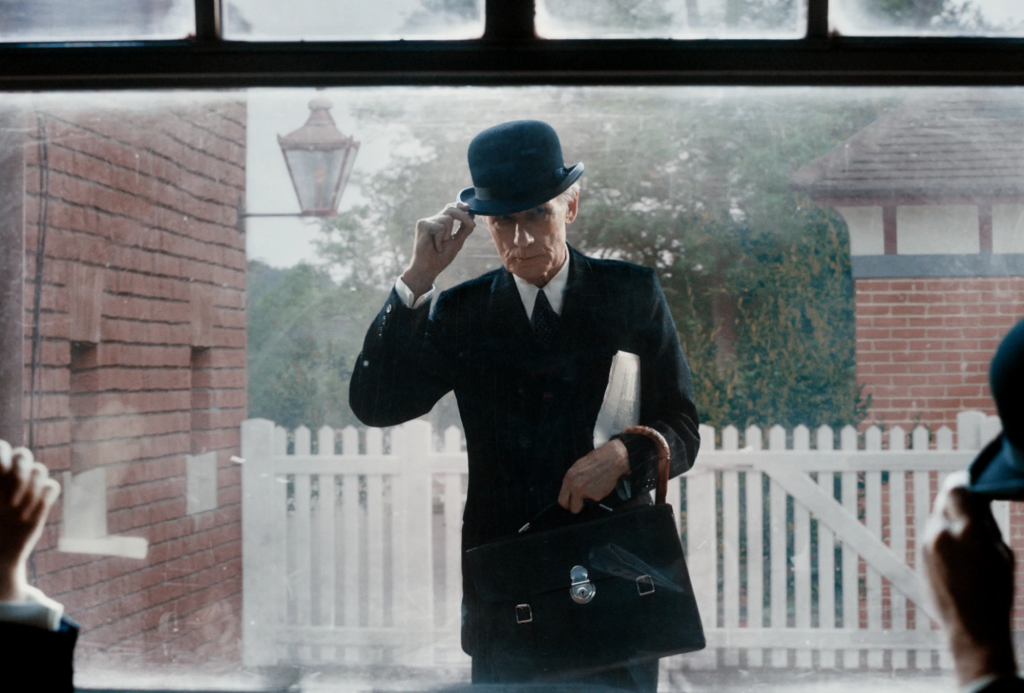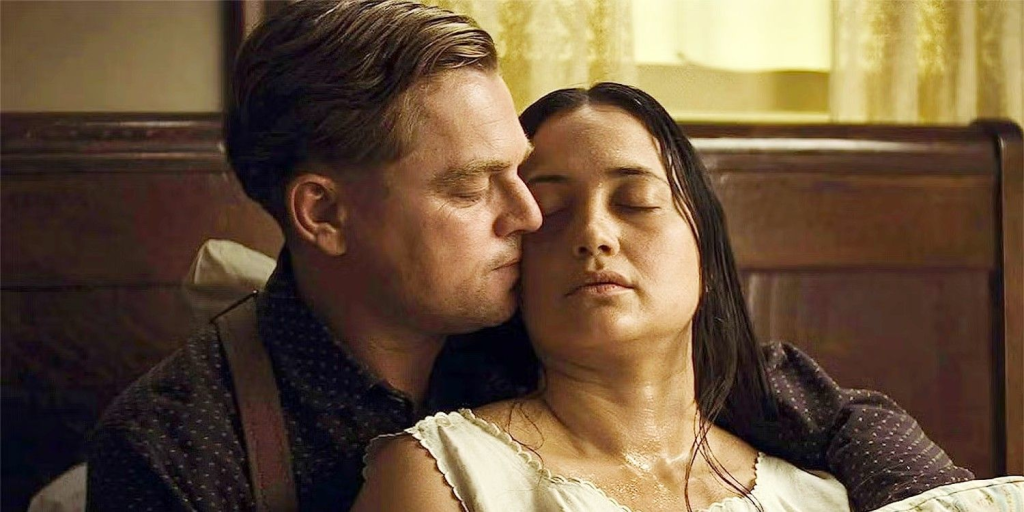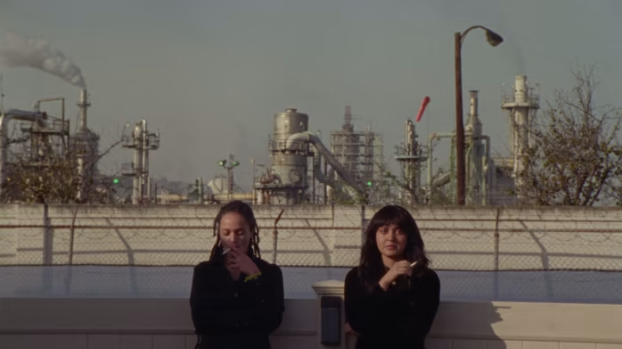May December (2023)
22.1.24 May December is told with a level of equivocation that makes the entire film an uncomfortable watch. But despite that, it has moments of unique brilliance, such as its alluring score, constant moral questioning, and a sideswiping performance by Charles Melton. Like most of Todd Haynes’ work, it isn’t the sort of film I enjoy, but there is much to admire. Both darkly funny and profoundly sad, sometimes at the same time, May December feels like a movie only Haynes could have made. From seeing his past work, I’ve always felt he admirably focuses on vulnerable people and their digressions. Here the focus is similar, but it also adds a mystery surrounding Julianne Moore’s character Gracie, questioning if she was the leader or follower in an underage relationship and now odd marriage with Melton’s character Joe. The screenplay by Samy Burch and Alex Mechanik is very clever, weaving together different stories and genres with just the right amount of dialogue that doesn’t over-intrude into the families’ lives, leaving many spaces for audiences to make up their own minds. Some things don’t work, such as the texts from Joe’s phone appearing on the screen – a tired and overused device. However, I can see what they are trying to do with that creative choice, suggesting that Joe is still somehow stuck in a childlike state and that immature messaging would be something he would have done when he was 13. The score is very odd, but intentionally so, to create a sense of eeriness and unfamiliarity. What I liked most was not knowing who the good and bad people are, which can be narrowed down to an examination of the main three leads in a twisted ‘kind of’ love triangle in the most unconventional of cases. I’m also not generally a fan of Natalie Portman so her as the lead didn’t do much for me, although I would struggle to think of a better casting choice for a difficult, awkward role. Buoyed by some great scenes, most memorable with Joe and his son smoking on the roof, May December is a hazy psychological portrait of manipulation, inspired by a real-life sex scandal. Though Todd Haynes’ style doesn’t always appeal to my tastes, his daring and enticing style means that any new project he releases will command my attention.
May December (2023) Read More »








